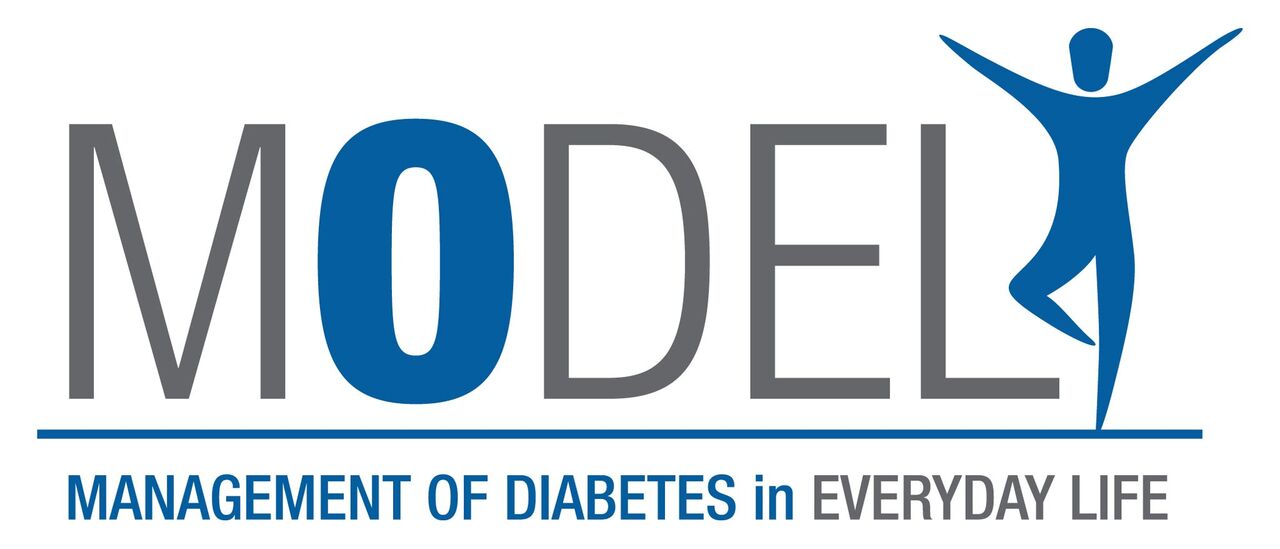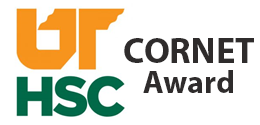Our Research
 |
| The MODEL project is the first study to compare the effectiveness of text messaging
and health coaching in a vulnerable population. The project is studying how text messaging
and health coaching — both of which rely on patient involvement — can empower patients
to better care for themselves by improving their healthy eating, physical activity,
and medication taking habits.
Our goal is to improve self-care in patients with uncontrolled diabetes, We have six lay health coaches trained and integrated in 15 primary care clinics, and we have developed and distributed educational materials on diabetes for thousands of patients with low health literacy. You can read more about the study here. If you are interested in participating, please contact Cardella Leak, PhD, MPH, Research Leader (901.448.2476). |
 |
| Intensive post-discharge outpatient care for the most high-need, high-cost Medicaid
patients after hospital stays can reduce readmissions, improve outcomes, and lower
overall costs, according to findings of the SafeMed study conducted by a multidisciplinary
team from UT Health Science Center and Methodist Le Bonheur Healthcare system.
Funded by a Health Care Innovations Award from the Centers for Medicare & Medicaid Services, our study showed benefits of intensive outpatient support at hospital discharge for high-need, high-cost patients, including reduced readmission, hospitalizations, and emergency visits. This resulted in a savings of $1 million per year beyond program coats while providing better care to patients. |
 |
| This grant-funded research builds on the SafeMed Program and aims to examine the impact
of providing full medication subsidy and/or bedside and home delivery of medications
on medication adherence, hospitalizations, emergency department visits, and health
care costs. Conducted in collaboration with Methodist University and Regional One
Health hospitals, the study is a pilot pragmatic randomized controlled trial in vulnerable
Medicaid super-utilizers.
By directly addressing the major financial, transportation, and system-level barriers to medication adherence, this pilot study will demonstrate the feasibility of these approaches to improve medication adherence while reducing preventable inpatient and emergency department use and costs among Medicaid super-utilizers. The study will also serve as a foundation for a larger randomized controlled trial focused on improving adherence to essential chronic disease medications in vulnerable low-income patients. Satya Surbhi, PhD, is the principle investigator for this research. |
 |
| This study aims to inform ongoing health system improvement across the South. This study seeks to assess whether continuity of care protects patients with obesity-associated chronic conditions from potentially preventable emergency department and hospital utilization. We will also assess the impact on major health outcomes and the health system characteristics associated with highest continuity and best health outcomes for vulnerable populations. The study will provide pilot data to guide future pragmatic research to help communities most in need to invest in health system transformation and improve health. The grant is made possible in part by the UT Health Science Center Office of Research. Investigators are James E. Bailey, MD, MPH (UTHSC); Joshua R. Mann, MD, MPH (University of Mississippi Medical Center); and Lizheng Shi, PhD, MsPharm (Tulane University). |
